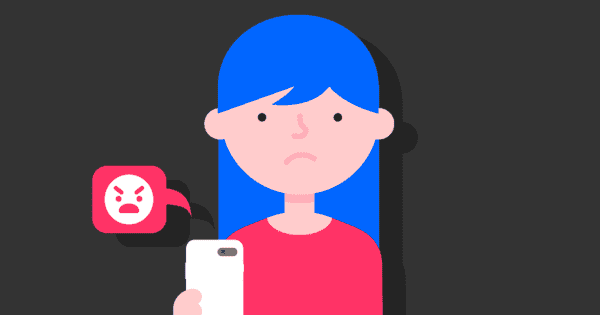The meaning of troll and trolling is simply referring to one user targeting another to get a reaction. This could be by making racist, sexist, homophobic or otherwise hateful comments. On social networks, it’s common to see ‘trolls’ in the comment sections making inflammatory comments. Other users may say “don’t feed the troll,” which means you should not respond to the comments because that’s exactly what they want.
Report anyone making hateful comments to the game or social network you’re using and block users who target you in particular.

